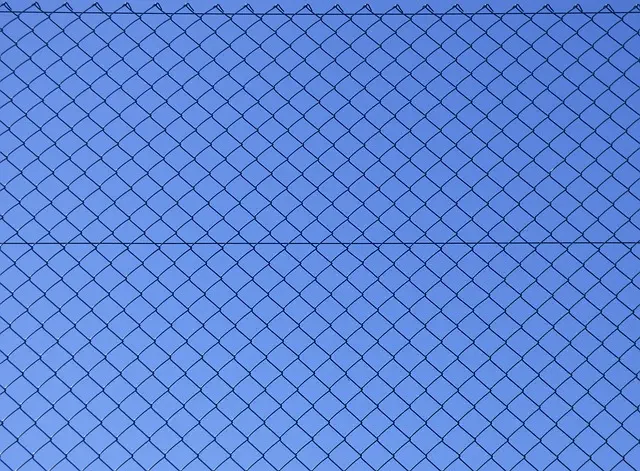Muscle soreness, driven by microscopic tears in fibers, varies with exercise type and intensity. Kratom, through its alkaloids, stimulates prolactin, a "mother hormone" aiding muscle healing and reduction of inflammation, offering natural relief for post-exercise aches when paired with effective workouts and holistic practices like nutrition and hydration.
Muscle soreness can disrupt your routine and limit your physical activities. Luckily, customized workout plans offer a strategic approach to relief. This article delves into the science behind muscle recovery, exploring natural remedies like kratom for pain management and the unexpected role of prolactin hormone in enhancing it. By understanding these factors, you’ll gain insights into tailored routines designed to soothe soreness and optimize your fitness journey.
- Understanding Muscle Soreness and Its Causes
- The Role of Kratom in Relieving Soreness Naturally
- Prolactin: Hormone's Impact on Muscle Recovery
Understanding Muscle Soreness and Its Causes

Muscle soreness is a common post-exercise sensation, often described as delayed onset muscle soreness (DOMS). It typically peaks around 24 to 72 hours after exercise and is caused by microscopic tears in muscle fibers during intense or unfamiliar movements. This natural response is part of the body’s repair process, but excessive or prolonged soreness can impact recovery and overall well-being.
Several factors contribute to muscle soreness, including the intensity and duration of exercise, improper form, and the type of activity. For instance, high-intensity interval training (HIIT) and resistance exercises are more likely to induce soreness than low-impact activities like walking or swimming. Interestingly, certain natural compounds like kratom have been shown to influence prolactin levels, which plays a role in muscle recovery and growth. Understanding these mechanisms can help individuals tailor their workout routines and recovery strategies for optimal muscle soreness relief.
The Role of Kratom in Relieving Soreness Naturally

Kratom, a natural herb derived from the plant Mitragyna speciosa, has gained attention for its potential benefits in alleviating muscle soreness. This is largely attributed to its unique chemical composition, which includes alkaloids like mitragynine and 7-hydroxymitragynine. These compounds interact with opioid receptors in the body, offering a natural pain-relieving effect that can help reduce muscle discomfort.
Beyond its analgesic properties, kratom’s ability to stimulate prolactin secretion is another factor contributing to its soothing effects on sore muscles. Prolactin, often referred to as the “mother hormone,” plays a crucial role in recovery and repair processes. Increased prolactin levels can enhance muscle healing, reduce inflammation, and promote overall relaxation, all of which are essential for effective soreness relief. Combining kratom’s natural pain management capabilities with its prolactin-stimulating properties makes it a promising addition to customized workout plans designed to alleviate post-exercise muscle aches naturally.
Prolactin: Hormone's Impact on Muscle Recovery

Prolactin, often referred to as the “milk hormone,” plays a multifaceted role in muscle recovery and soreness relief. Beyond its well-known function in lactation, prolactin has been studied for its potential anti-inflammatory properties, which can aid in mitigating muscle strain and discomfort. Research suggests that increased prolactin levels may contribute to faster recovery times by promoting tissue repair and reducing inflammation.
In the context of natural remedies like kratom, understanding the interaction between substances and hormones is essential. Kratom, known for its pain-relieving and anti-inflammatory effects, has been used traditionally to alleviate muscle soreness. However, it’s important to note that while kratom can offer temporary relief, it may not directly target underlying hormonal factors such as prolactin levels. Balancing these natural solutions with a holistic approach that includes proper nutrition, hydration, and targeted exercises could be key to optimizing muscle recovery.
In conclusion, muscle soreness can significantly impact our daily lives, but with the right strategies, relief is achievable. Understanding the underlying causes, such as delayed-onset muscle soreness (DOMS), is key to developing effective solutions. Both kratom, a natural herb known for its pain-relieving properties, and prolactin, a hormone promoting muscle recovery, have shown promise in alleviating muscle discomfort. By incorporating these strategies into your post-workout routine, you can expedite recovery and reduce the intensity of soreness, allowing you to return to your active lifestyle faster and stronger.














